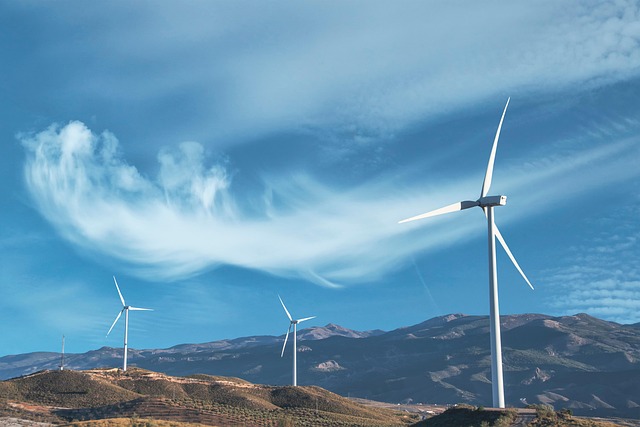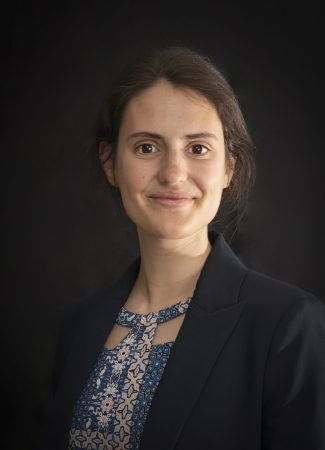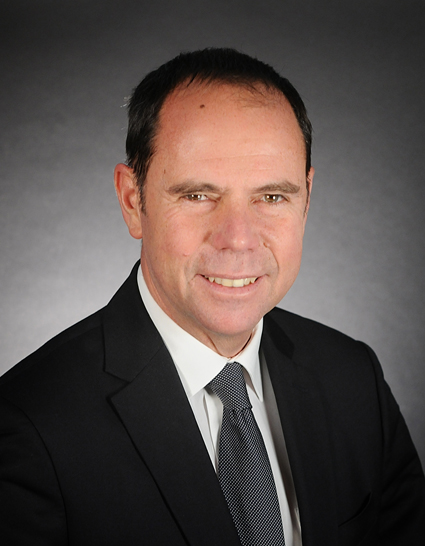It’s becoming a habit; every HES Newsletter includes an article about the French capacity mechanism. At this rate, we’ll end up making it a permanent section… In any case, the new developments this quarter certainly deserve a new article. Thanks for bearing with us.
On 16 May, a new capacity auction was held for the 2019 supply year (AL2019). An auction set during the supply year doesn’t seem to make a lot of sense within the context of a mechanism meant to issue long-term signals to capacity suppliers. However, the French capacity mechanism has established some ex-post auctions to allow for rebalancing the players. Naturally, these ‘last chance’ auctions should be very marginal – provided that players have well and truly done their homework coming into the supply year. By the volume traded, and particularly owing to its outcome, the auction for the month of May was neither a residual auction nor, beyond that, a banal one.
On 16 May, 4,535 MW of AL2019 certificates were traded at the astonishing price of 0 Euro (the average price of AL2019 trades at this time was €17,365/MW for a volume of approximately 88,000 MW). Was this down to insight from some players and oversight from others? Or was it an error in market design, a youthful mistake?
Without a doubt, this capacity mechanism has been giving us fright after fright. From its meteoric appearance within a law (NOME [New Organisation of the Market for Electricity]) where no one had been expecting it, by way of the In-depth inquest of the European Commission (with its authorisation from the French MECAPA, subject to modifications which are far from being minor), followed by its accelerated implementation and its rules under constant review, it’s now the auction results taking our breath away.
In order to understand the outcome of May’s AL2019 auction, we should revisit the fundamentals of the mechanism. At the time of the auction, the total supply/demand balance showed a minimal oversupply of just around 700 MW: a very small margin following the downward adjustments of the nuclear sector (nearly 3,000 MW less than a few months previous). Economic theory states that, within this mechanism, in the event of oversupply, a zero price must be reached, given that adjusting the supply is only possible through closing facilities. Yet, a closure only makes sense before the supply period. Once the supply year has begun, any price for certificates is sufficient for a producer who is already committed for the period. This would lead us, for an auction during the supply year, to a zero price offer from producers and a zero closing price if demand proves lower than supply. In practice, things shouldn’t happen this way. Indeed, some players will likely prefer to sacrifice (and not sell) a portion of their certificates from the moment that the remainder of their capacities finds the appropriate price.
In the case of the AL2019 certificates, the obligation to sell them served its purpose, since the player who sold the surplus certificates had no sensitivity to the sale price. In fact, a portion of the supply, no less than 6.3 GW, was absent from the mechanism thus far and only appeared in this last auction. A fail-soft mode had been implemented for 2019 cross-border certificates, and the RTE [the French Transport System Operator] was going to sell all of its capacities at the auction on 16 May 2019, with an ‘at-any-cost’ offer in accordance with its 22/11/18 communication. For lack of demand (once again), the RTE supply has saturated the market, and the lucky participants at the auction had the chance to buy at zero price.
Of the 4,500 MW traded during the auction, 2,000 MW were acquired by experienced suppliers who anticipated this situation or even delayed their decision to purchase until they gained better visibility on their obligations. What is less apparent is that 2,500 MW were acquired by producers who, seemingly, needed balancing. It’s even possible that they had previously sold these certificates at a price of €17,365/MW to buy them back at zero price. Hurray, everyone! Despite the results, there are still some players obliged to participate who have not completed their purchases for the 2019 year. I don’t believe it’s easy to buy certificates in bilateral transactions at a zero price. They’ll certainly need to wait for the last auction to try their luck…
Even if economic theory can explain this outcome, a mechanism where we go from a price of €18,000/MW to €0 in one sitting…is definitely far from ideal. The French mechanism would be much more legitimate if the prices were stable and aligned with the assumed[1] concept of ‘missing money’. There was, therefore, no shortage of reactions to this flop; in an emergency decision, dated 20 June 2019, the French Energy Regulatory Commission [CRE] resolved (i) to allocate all AL2020 cross-border certificates to RTE through a simplified procedure[2] and (ii) that these certificates be sold in the last auction of 2019 with no reserve price.
If, on top of this, we add that the CRE had already decided in late February that the ‘Reference Price for Capacity Imbalances’ (PREC) would be the price resulting from the last auction organised before the start of the supply year, we’ll have an auction in December with sufficient liquidity to ensure that supply and demand are under normal conditions. Furthermore, the fact that the 2020 supply/demand balance has deteriorated further than 2019’s implies that the final auction of the year will be crucial for the players (a little less so for EDF).
A little piece of advice for consumers and suppliers: as was demonstrated by this auction, establishing a proper strategy for purchasing certificates is essential to take advantage of any potential opportunities that this fitful market presents. Place your bets!
Antonio Haya
[1] As the suppliers regularly point out, from an official standpoint, the capacity mechanism does not serve to give remuneration for the missing money. Personally, I think that this concept should really be present in the capacity mechanism, thus ‘assumed’.
[2] On the date of the decision, 20 June, or 10 days before the deadline for the conclusion of agreements between RTE and neighbouring TSOs [Transmission System Operators], no agreement had been signed.






